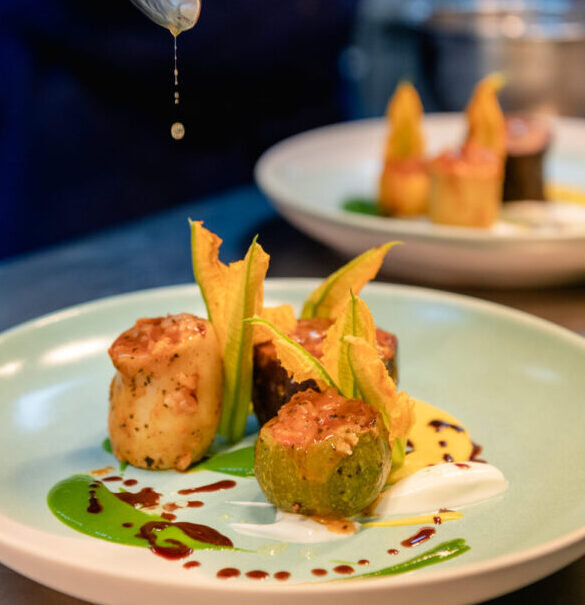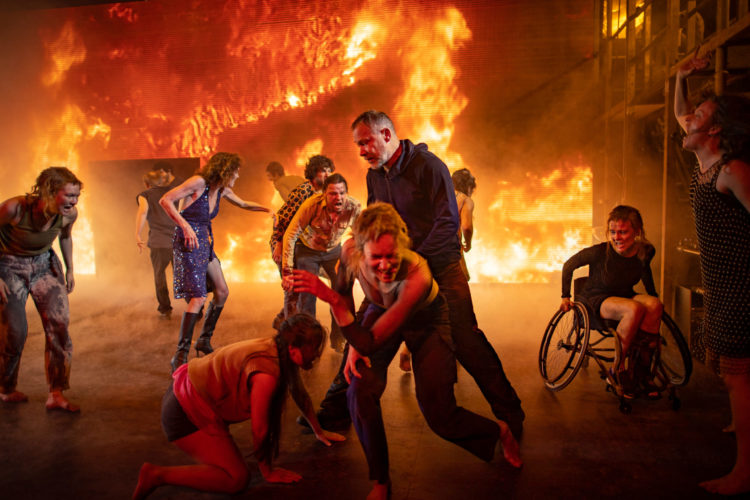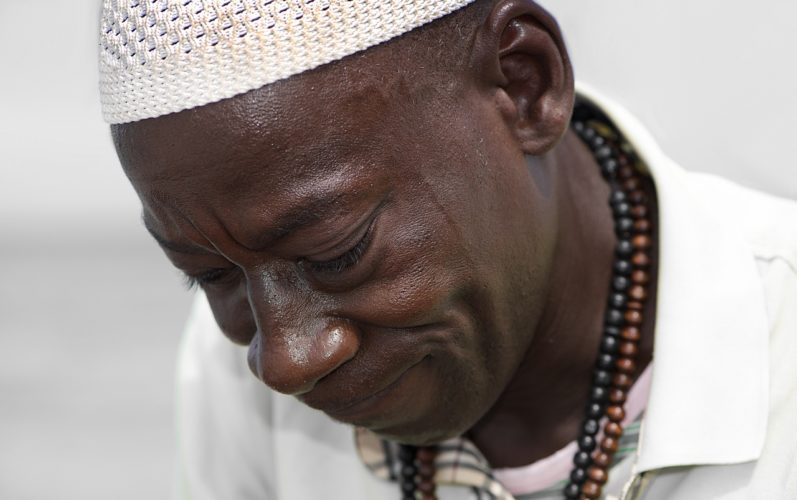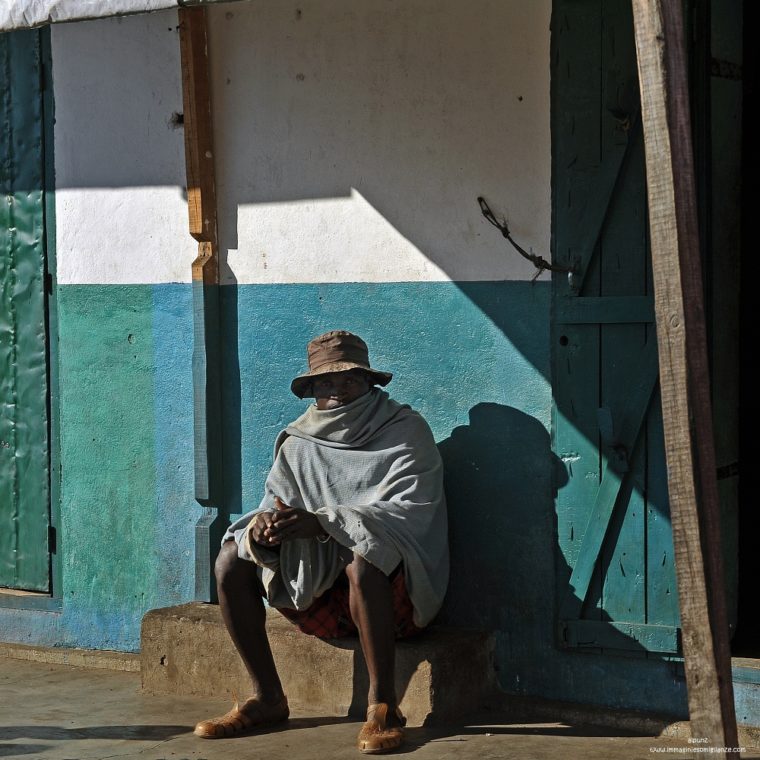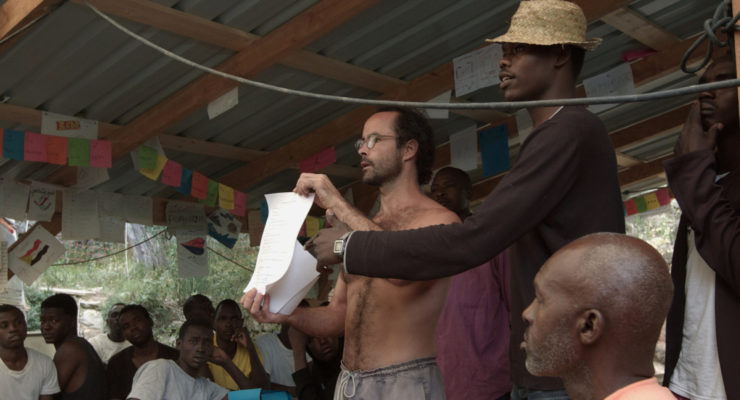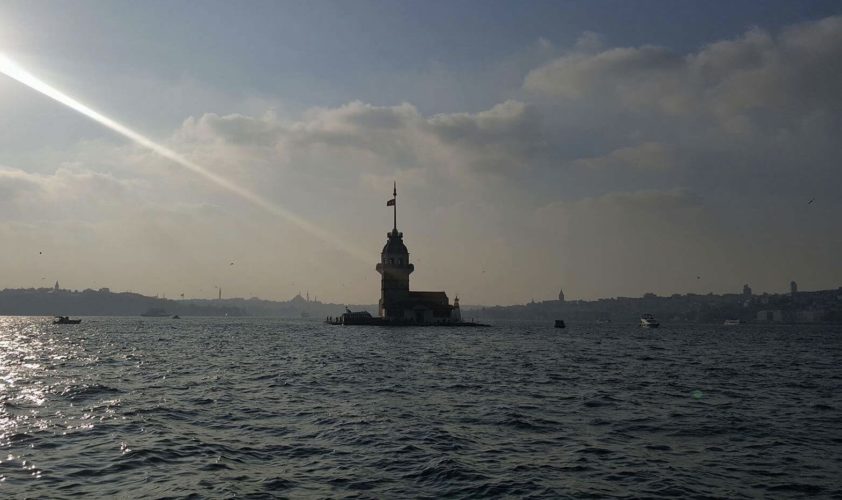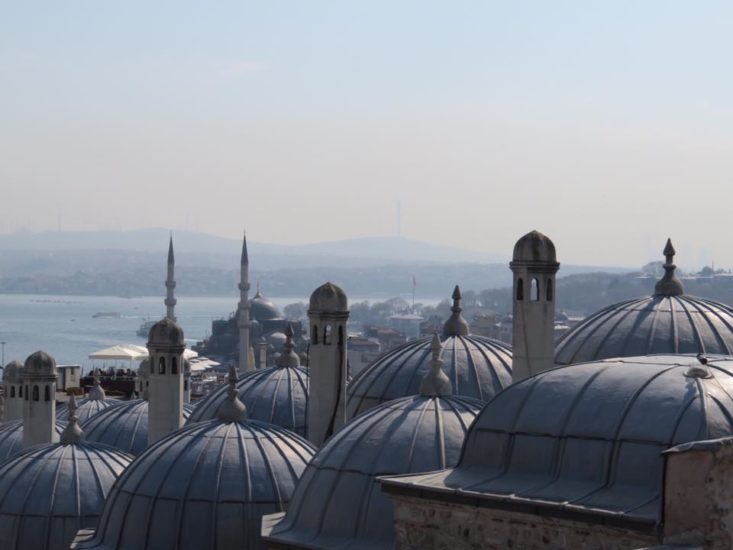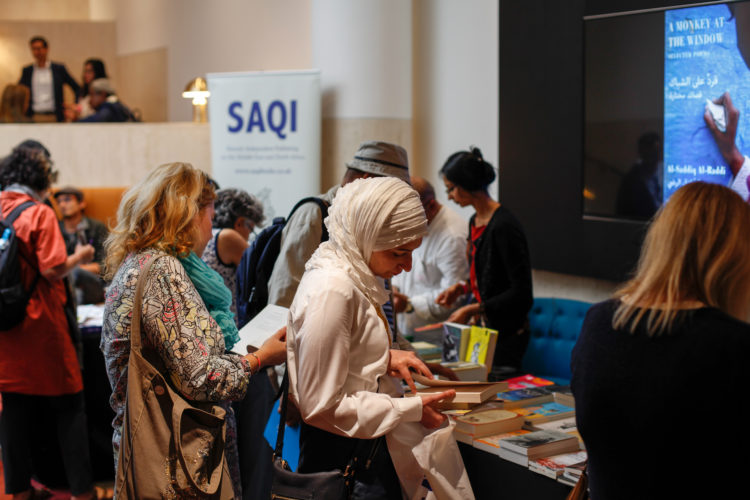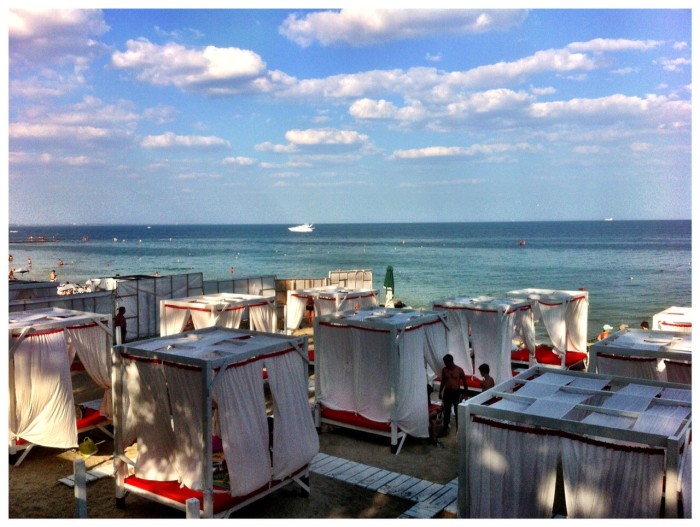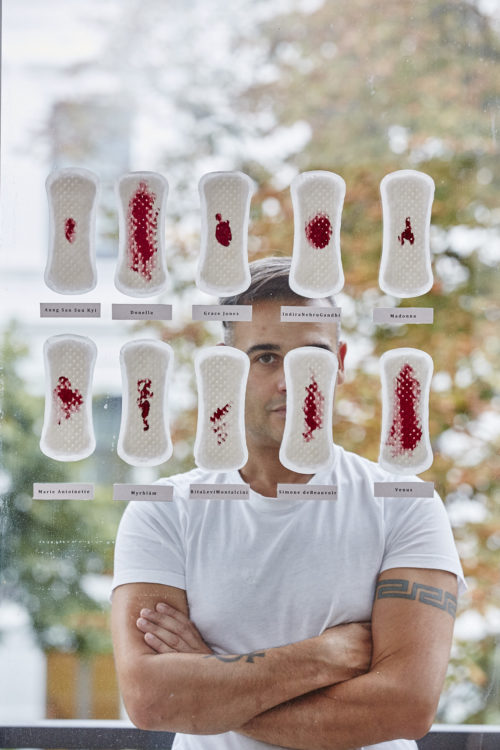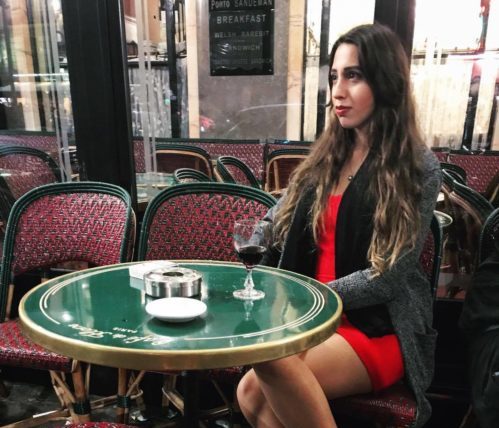Walking in the footsteps of Irene Koppl
Step one: Greece and the new Exodus
By Simon Tabak
My grandmother arrived on one of the boats that Churchill requested cross the channel to collect the British Army that had become stranded on the Continent. The army needed saving, to fight another day, and my Grandmother needed saving so she could love me unconditionally when I turned up.
It is because of her and the promise I made to her, to retrace her life, that I find myself at a bus station at the foothills of the Greek mountains in Veria. And although my Grandmother never set foot in Greece when she was living, she did arrive in a foreign country, knowing no one and not speaking the language.
My three months trip has brought me to this place. To lose myself so completely that I might re-find my Grandmother and her story. And I still miss her. After almost 23 years the feelings of loss when I think of her are still clear and only slightly diluted by the distance of the event.
There is one major difference in that unlike my Grandmother I have a passports for viable countries, Britain and Canada. And a home still standing, I hope, in London. And most importantly people who love me. To offer me a meal, a warm bed, love and welcome me home.
In Greece, I had none of that. And I didn't speak the language. And even though I had made arrangements for a flat to stay in for a month and Sam, who I haven’t yet met, who runs the NGO Bridge 2 with his mother Sarah where I would be a volunteer, was due to collect me, for the very briefest of a millisecond I felt the terror of what it must be like to arrive somewhere you are not tethered and face the loneliness that must have been my grandmother's experience for a good long while.
The trauma experienced by many refugees can be harrowing, but the place I am based is one step removed from the dangerous boats that many refugees board to get to mainland Europe. I would later learn that most of the people who come to Veria camp arrive first on islands like Kios and Lesbos. While it is not ideal or a new life for them it does provide a safe place where they can live until a more permanent one is found. And there is a lot of waiting.
As this is a decommissioned military base there is still a strong military presence. The residents can come and go as they please but like us volunteers they must pass through the same military check points. At first I found these security measures a little daunting but later on I saw them differently when a distraught Mother approached me to say her daughter had gone missing. I offered to join the search and headed down to the check point, to see if she had wandered down to the gate. Which is exactly where we found her, standing by the open gate. On the other side were both stray dogs, who liked to bite, and traffic. As I took her hand to lead her back to the camp and her mother I realised just how vulnerable it is to be a refugee...
I am working with Steve, an American ex-military man and pilot who has come to Veria with his wife Diane to help refugees. The other volunteers are: Louise who lives on the Island of Guernsey and works for an optical firm, Nina from Germany, who warns me that being a volunteer can be very addictive (this is her second time volunteering with Bridge 2 on the camp) and Ulrika, a restaurant owner who lives in Peru but is originally from Germany. The group before had set up a vegetable garden. The seeds they had planted had now sprouted and Steve was busily turning and improving the soil in the raised beds into a useable loam. I was given the task of keeping alive the seedlings that the previous group had planted. Including a much loved Syrian spinach like plant, a delicacy called Molokhia. When vegetables arrived for the shop or it got too hot to work outside Steve and I would head into the supermarket to unload the veg or help divide bulk items into useable portions.
I enjoyed working with Ulrika, who had honed her English living in Chicago. I teased her mercilessly about using American pronunciation rather than the British. Even though I really didn’t mind how she said “Tomatoes”. I suppose what really touched me was how much importance was given to fairness. If we offered something there would have to be enough to give equally to the entire camp. There was a real emphasis on health; pregnant mothers and very young children were given extra quantities of eggs and yogurt. The residents shopped one family at a time and even though this was not a money system people had real choices. This was as close to a normal shopping experience as possible even though the items were given at no charge, the shelves were restocked throughout the day and families were admitted into the shop one at a time to allow them the dignity of being able to take their time, engage with the volunteers and not feel under pressure from other customers. Beneath a system that on the surface looks simple and easy are countless hours of preparation. Unloading, planning, bagging, cleaning and stocking. If you have ever seen people scrambling and fighting over humanitarian aid you understand that giving is easy if you do it badly, but the cost in human misery is great. But by giving well, carefully and with dignity everyone is the richer. I was struck by the beauty of this whenever I happened to work in the supermarket alongside the other volunteers. Close to tears handing a family a bag of chick peas and them saying they already had enough from their last shop and no thank you.
I suppose I was settling into a kind of complacent routine when two things arrived almost at the same moment and life was about to change. The first was the arrival of Sarah Griffith. Sarah is not just mother to Sam and his brother. She is also the founder of Bridge 2 and is affectionately known to the people on the camp as Mama Sarah. We had readied the camp for her arrival with a proper cleaning of all areas. I missed her arrival because I had to run an urgent errand in town. I passed her car, that had stopped at the gate and was surrounded by people from the camp who made up a sizable group. The change in the camp with the arrival of Mama Sarah was immediate. Sam had done a terrific job of holding the fort but now that Sarah was back the fort was shaking on its foundations and there was so much to do. The second big change occurred the next day with the arrival of bicycles. Bicycles would occupy me for the rest of my time in Greece. Even the word bicycles, especially the way Syrians say it, as the French do “Bicyclette”, is enough to send cold shivers down my spine. In a very short space of time we needed to house them, number them and set out a quick and easy way of lending them out. And then ensure that everyone who signed out a bicycle knew well enough how to ride, wear a helmet and return it on time. Sarah explained to me that whenever you start giving people something new it is never easy. There will be problems, she advised, expect to be flying by the seat of your pants for a while.
Bicycles provided a quick and easy means for people on the camp to reach the shops and markets. Public transport was slow and infrequent. Finding a means of getting around was becoming increasingly important as the military had replaced the meals they provided with shared kitchen facilities and an allowance paid directly to the camp residents. The money was of no use if people could not get to the shops. So forty donated cycles were an obvious solution and made a lot of sense. But how to make it work? There was no question that there was a demand, people were keenly interested in the bicycles, including large groups of five to six year olds who were too young and small to borrow them. The cage that had been converted from a workshop and plant area now housed the bicycles. There was no point explaining to five year olds, determined to ride a bicycle, that they were too small or there is a load of recently installed playground equipment. Groups of them had formed little bands outside the door to the bike store and were making their demands very audibly and blocking anyone, but especially me, from getting in and out. Bicyclette shouted by a child once is charming but hearing it all day from ten or so gets you down. Trust me. Tenacity in the face of getting what they want. Anyone who is a parent of this age group I salute you. Finally I had to concede that I was powerless in the face of this mob and called for the help of the parents who had taken shelter on the benches outside the supermarket, clothing shop and shoe shop. Which one of us do you need they asked. All of you I said! They came and dealt with the kids.
I closed the bicycle shop and went for a walk to clear my head. When I walked along the road I came to the football field. Down below in the open field were parents teaching their children how to ride. Such a right of passage can be seen in almost every country on earth. It is what those very children would be learning in their home country had war not interrupted their lives. Who doesn’t remember learning that it is possible to balance on two narrow wheels and with enough momentum and a trusted parent behind you it might just be possible to fly.
FΩRMIdea London, 16th October 2017. Lire cette histoire en français
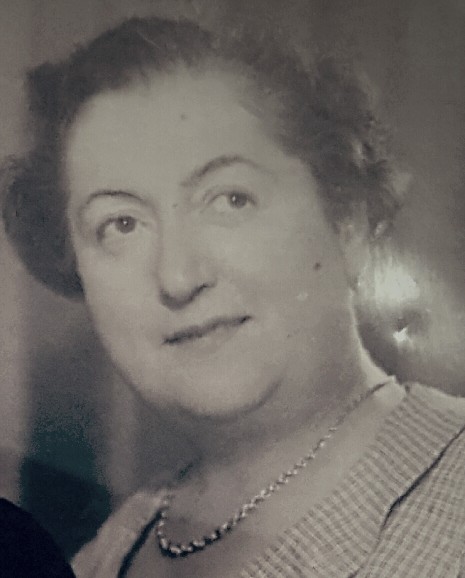
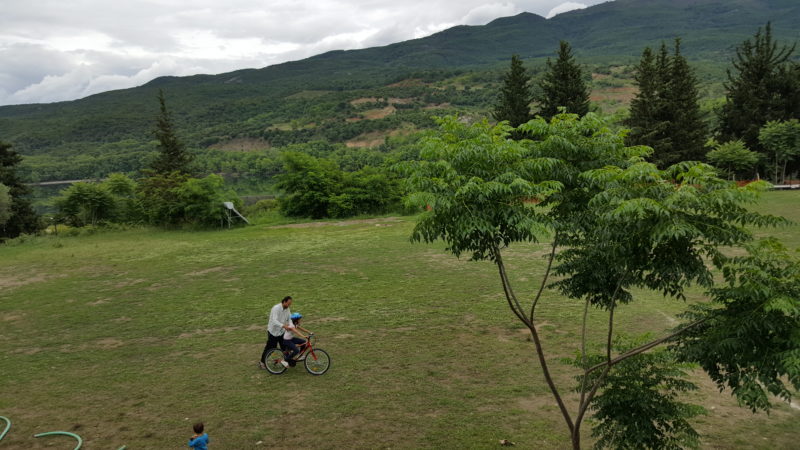 Veria - Greece
Veria - Greece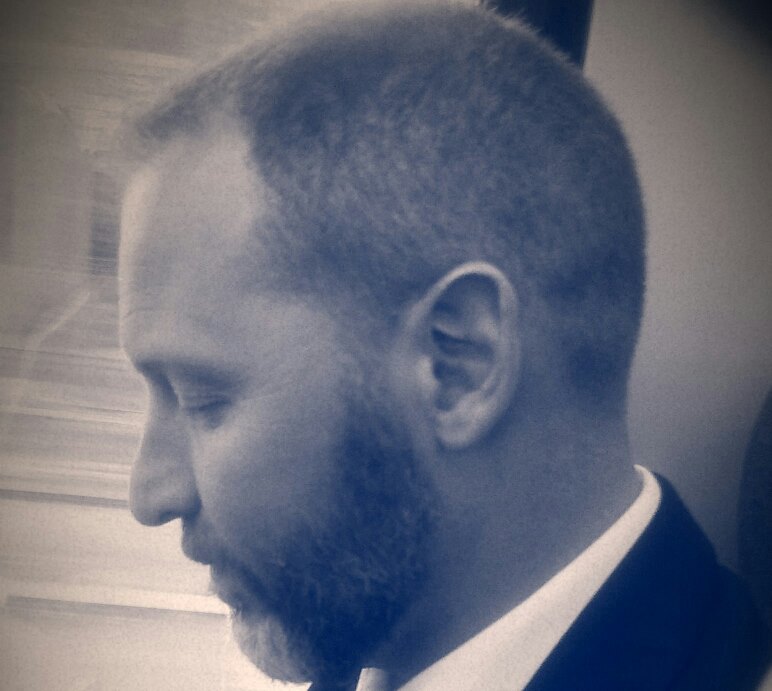 Simon Tabak
Simon Tabak